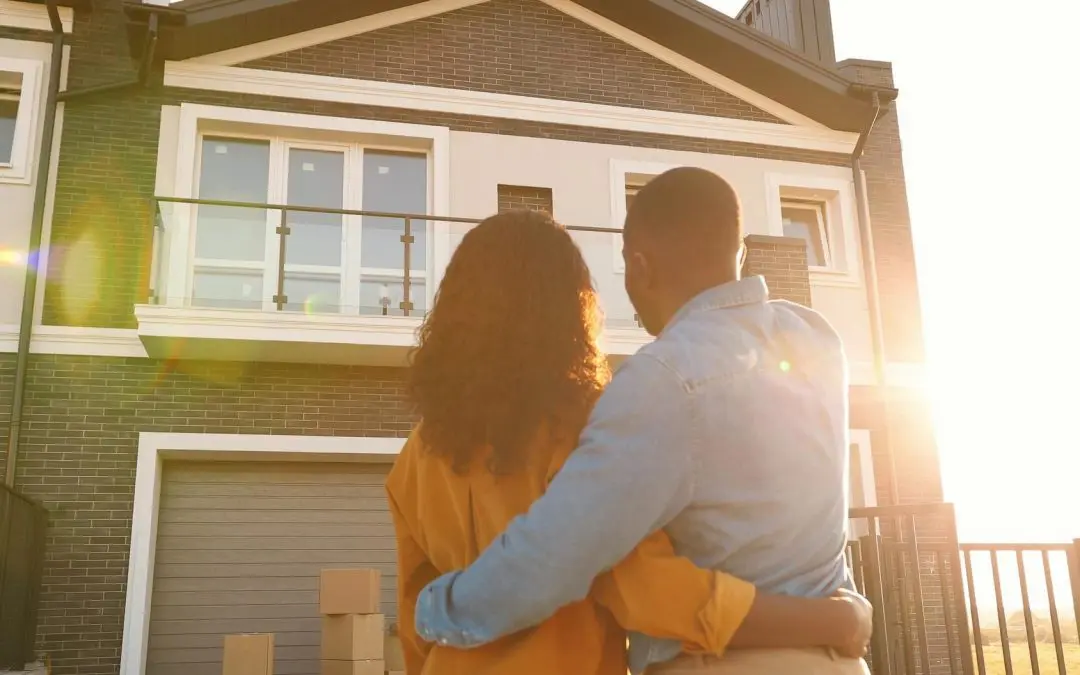Buying a home is one of the most significant financial decisions you’ll ever make. Whether you’re a first-time buyer or a seasoned homeowner, navigating the real estate market can be overwhelming. From finding the perfect location to securing financing, there are numerous factors to consider. Unfortunately, many buyers fall into common traps that can lead to costly mistakes. In this guide, we’ll explore some of the most common home-buying mistakes and how to avoid them.
1. Common Home Buying Mistakes: Skipping Pre-Approval
One of the biggest mistakes buyers make is skipping the pre-approval process. Getting pre-approved for a mortgage helps you understand how much you can afford and makes you a more attractive buyer to sellers. Without pre-approval, you may waste time looking at homes out of your price range or miss out on your dream home because you aren’t prepared to make an offer.
2. Neglecting Due Diligence
Finding a home you love makes it easy to get caught up in the excitement and overlook potential issues. Skipping crucial due diligence steps such as home inspections, title searches, and neighborhood research can lead to costly surprises. Before committing to a purchase, take the time to vet the property and surrounding area thoroughly.
3. Overlooking Hidden Costs
Buying a home involves more than just the purchase price. Many buyers make the mistake of overlooking additional costs such as closing costs, property taxes, homeowners insurance, and maintenance expenses. Failing to budget for these expenses can strain your finances and lead to financial hardship.
4. Common Home Buying Mistakes: Ignoring Future Needs
It’s essential to consider your future needs when buying a home. While a property may meet your current requirements, thinking long-term is important. Will the home accommodate your growing family? Is it located in an area with good schools and amenities? Thinking ahead can save you from having to move again in a few years.
5. Acting Impulsively
It’s easy to fall in love with a home at first sight, but remaining objective during the buying process is essential. Rushing into a purchase without exploring other options or negotiating the best price can lead to buyer’s remorse. Take your time, weigh your options, and don’t be afraid to walk away if the deal isn’t right.
6. Not Working with a Realtor is One of the Worst Common Home Buying Mistakes
While buying a home without a realtor is possible, working with a professional streamlines the process and helps avoid costly mistakes. A real estate agent provides valuable guidance, negotiates on your behalf, and helps you navigate complex paperwork. Their expertise is invaluable, especially for first-time buyers.
7. Failing to Plan for Resale Value
Even if you’re not thinking about selling your home right now, it’s essential to consider its resale value. Factors such as location, school districts, and neighborhood amenities can significantly impact the future value of your property. Buying a home with strong resale potential provides peace of mind and protects your investment.
Buying a home is a significant milestone, but it’s essential to approach the process with caution and diligence. Avoiding these common mistakes and seeking professional guidance can make the home-buying process smoother and more rewarding. Take your time, do your research, and don’t hesitate to ask for help along the way. You can find the perfect home for your family with careful planning and preparation.
Home-Buying FAQ
How do I make a competitive offer on a home?
Research recent sales in the area to determine the market value of similar properties. Your real estate agent will provide guidance on crafting a compelling offer that considers factors like the seller’s motivation and local market conditions.
What costs should I anticipate beyond the purchase price?
Aside from the down payment, budget for closing costs, which typically include appraisal fees, title insurance, attorney fees, and property taxes. You should also consider ongoing expenses like homeowner’s insurance, utilities, and maintenance.
How much should I save for a down payment?
The typical down payment ranges from 3% to 20% of the home’s purchase price. However, the ideal amount varies based on your credit score, loan type, and lender requirements.
How do I find the right neighborhood?
Consider proximity to schools, workplaces, amenities, safety, and property values. Visit neighborhoods during different times of the day to get a feel for the community and assess if it aligns with your lifestyle.
Drew Inspection Service offers professional home inspections to customers in South Dakota. If you’re buying or selling a home, contact us to request our services.

